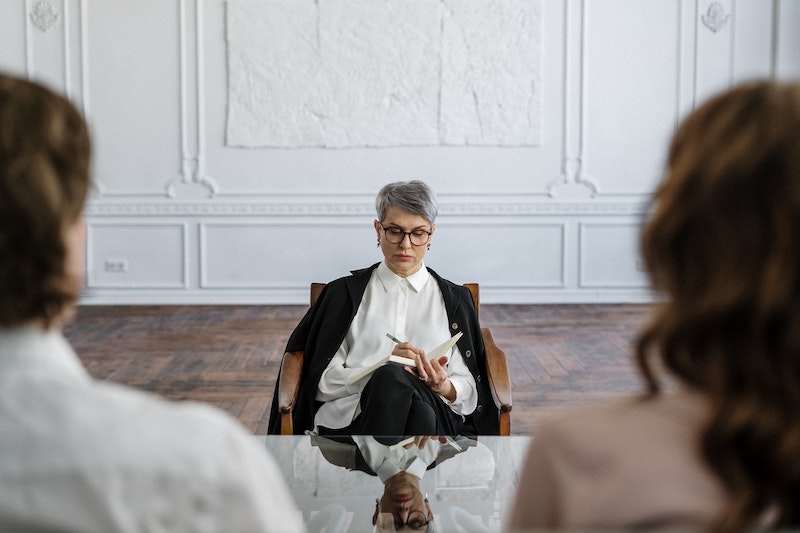As any man in a relationship knows, keeping the foundation of your relationship strong, healthy and even exciting can be challenging, especially when your relationship is competing against all of life’s other demands.
However, prioritizing the health of your relationship is an important key to developing a strong partnership that will last many years. And, many people agree. In a recent study, more than 97% of surveyed couples said that couples counseling was beneficial to health of their relationship.
If you’re in a rough patch in your current relationship you may want to consider couples counseling or couples therapy to help you work through any issues you’re experiencing.
What is couples counseling?
Similar to individual counseling or therapy, couples counseling is when a therapist or a clinical health care provider helps couples work through collective relationship issues or individual issues. They can help couples with many things, including:
- A specific problem the couple is looking to work through
- Coping skills and mechanisms for better communication and trust
- Crisis intervention
Usually, the couple will participate together in each session, however it’s possible that a therapist may do a combination of joint sessions and individual sessions as they’re getting to know you and your partner. The therapist will want to know about any problems you’re experiencing as a couple, what causes anxiety or stress in your relationship and any other troubles you’re experiencing.
Each situation is unique and custom-tailored to the couple’s situation and desired outcomes, but one thing is the same: couples counseling is a safe space for both people in the relationship to talk about their worries, fears and hopes.

How do I talk to my partner about couples counseling?
Coming to the decision to go to couples counseling can be hard because there is very much stigma or judgement around therapy. A recent study proves this: on average, most couples don’t do therapy for nearly six years after noticing a problem. But counseling can help you alleviate stressors in your relationship before it’s too late.
Just with anything else in your relationship, the best thing you can do is be honest with your partner and tell him or her that you’re struggling and you want to go to couples counseling together.
It’s important to be kind, positive and honest when asking your partner to consider counseling. Explain to him or her that it would help you and mean a lot to you if you committed to doing this together. Don’t act as if it’s a threat or give your partner an ultimatum and give your partner space to express his or her thoughts, too.
How do we find couples counseling?
If you and your partner have made the joint decision to go to couples counseling, you may be wondering how to find a licensed therapist who specializes in couples issues.
To start, you may want to ask for recommendations. Ask a trusted medical professional, like your doctor, for good recommendations. If you’re comfortable, you could also ask your friends for their recommendations. Another great place to start is to see what your insurance provider or your employee assistance program offers. Your insurance provider likely has a website where you can filter through in-network health care providers.
Lastly, date your therapist! If you or your partner are not connected with your therapist after the first one or two sessions, find another one. And don’t forget that online counseling is also an option – and it’s proven to be just as effective as in-person couples counseling sessions.
Relationships are hard work, but couples counseling can help you break down walls with your partner and keep your relationship healthy.
Marie Miguel Biography
Marie Miguel has been a writing and research expert for nearly a decade, covering a variety of health-
related topics. Currently, she is contributing to the expansion and growth of a free online mental health
resource with MyTherapist.com. With an interest and dedication to addressing stigmas associated with
mental health, she continues to specifically target subjects related to anxiety and depression.

